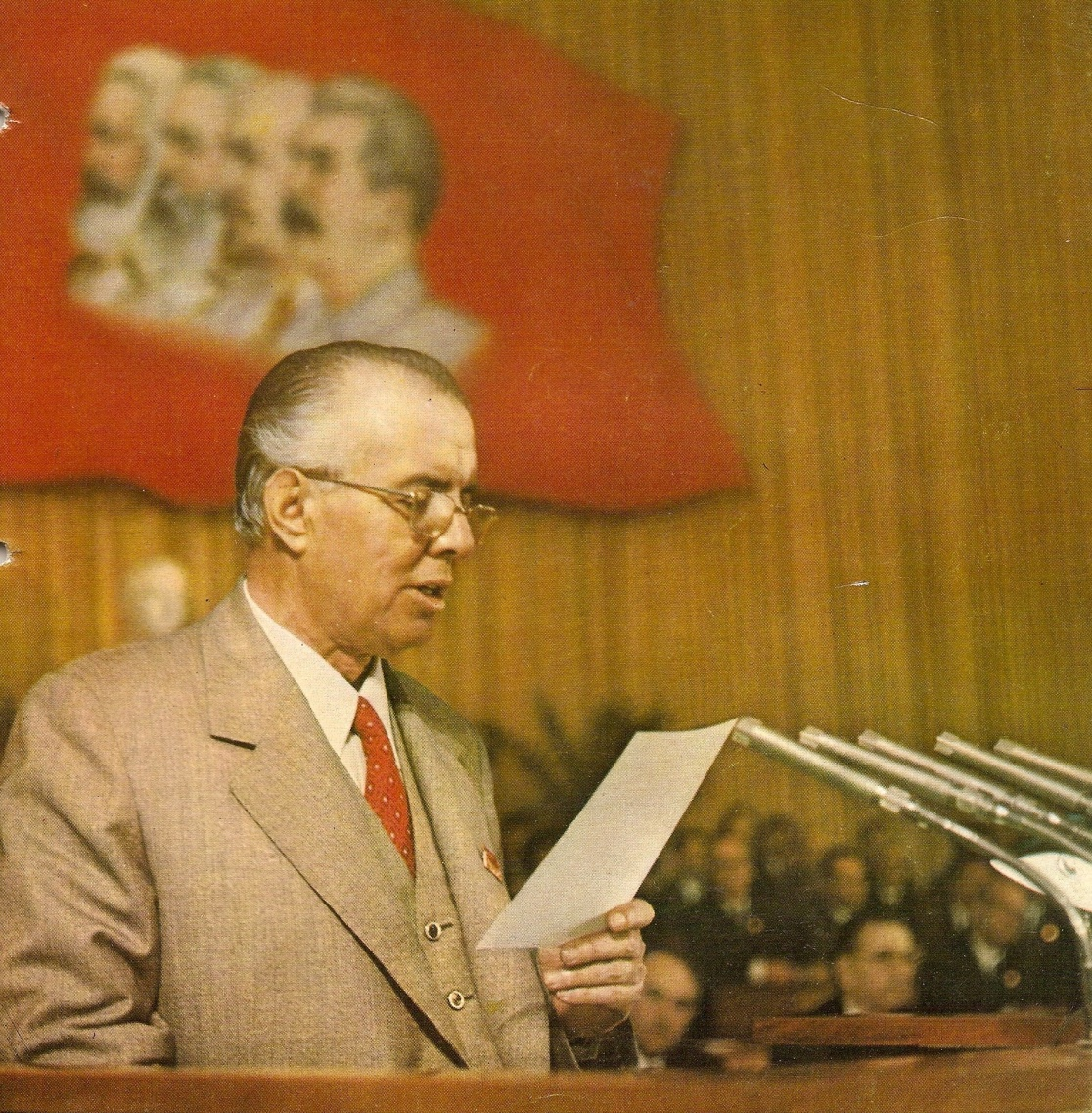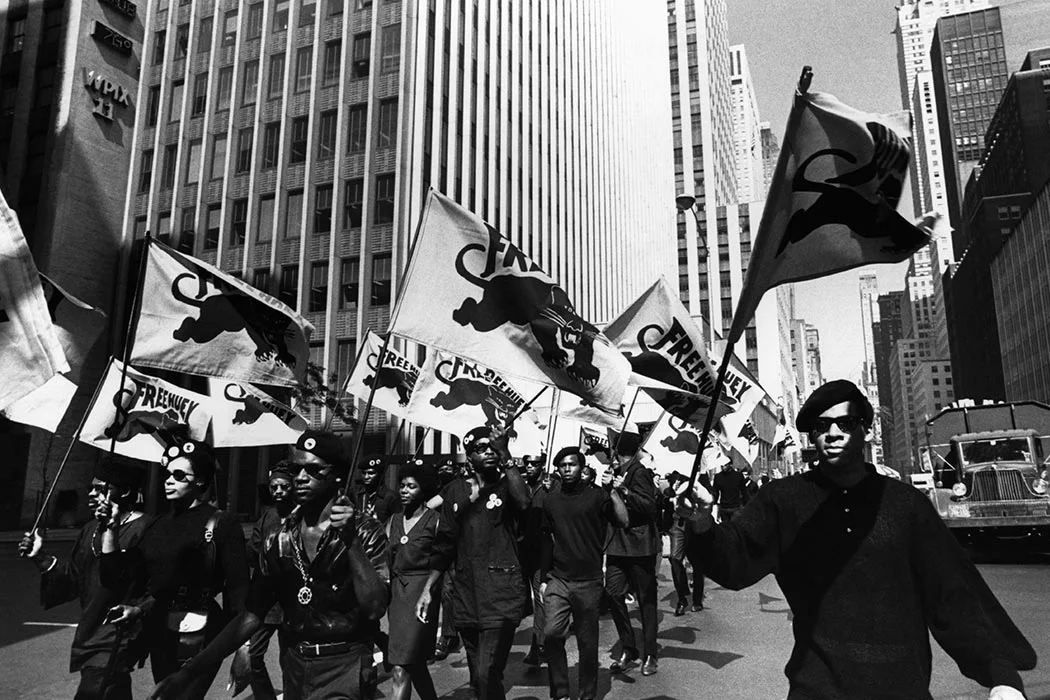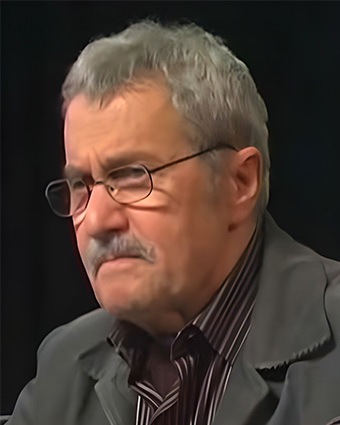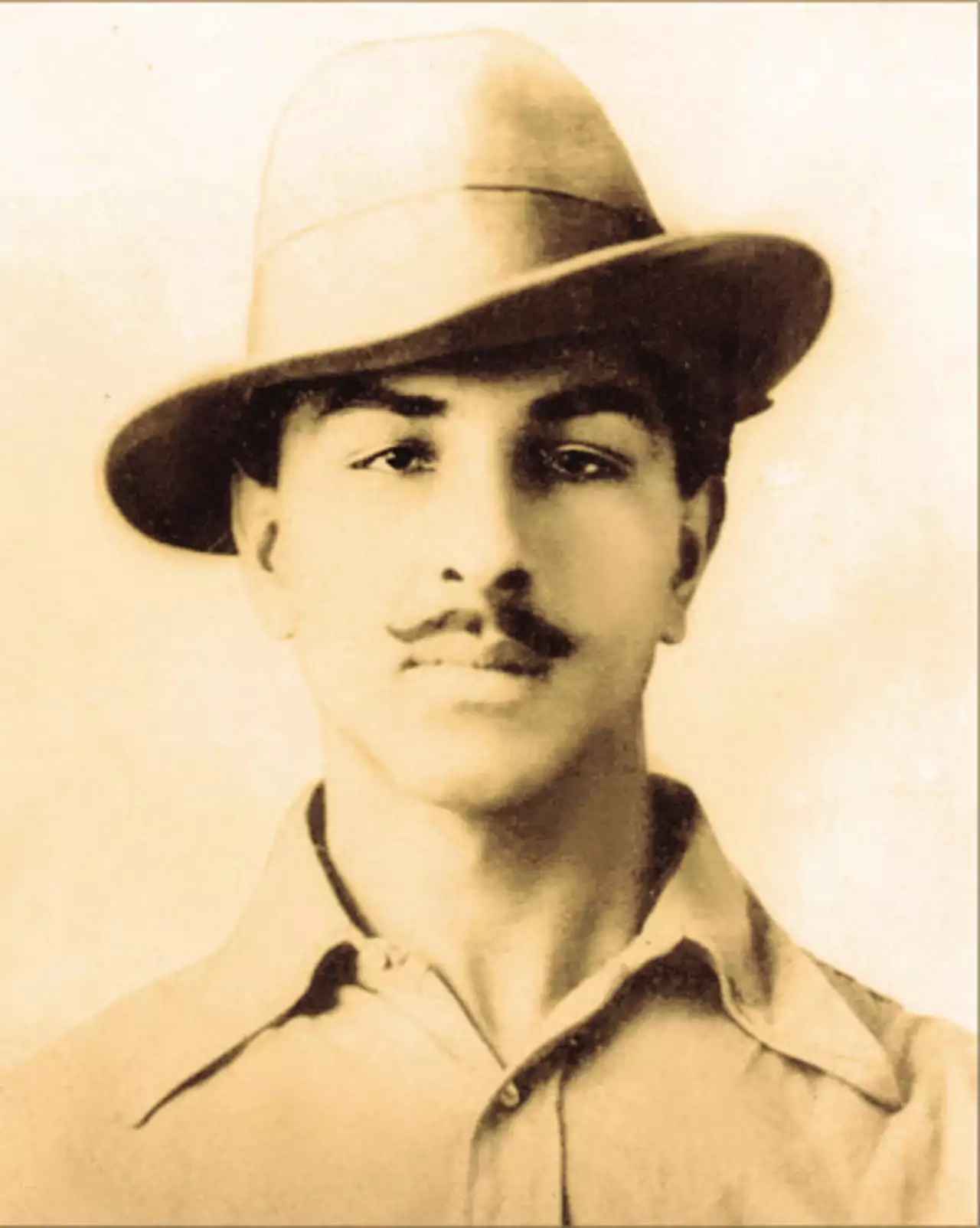Enver Hoxha, born on this day in 1908, was the communist leader of Albania from 1946 to 1985, leaving behind a complex legacy of feminism and greatly improved access to healthcare and education. Hoxha is also known for having sharp ideological and political disagreements with the Soviet Union and communist Yugoslavia, siding most strongly with and receiving aid from Maoist China.
He was First Secretary of the Party of Labour of Albania from 1941 until his death in 1985, a member of its Politburo, chairman of the Democratic Front of Albania, and commander-in-chief of the Albanian People's Army. He was the twenty-second prime minister of Albania from 1944 to 1954 and at various times was both foreign minister and defence minister of the country.
Hoxha was born in Ergiri in 1908 and became a grammar school teacher in 1936. Following the Italian invasion of Albania, he joined the Party of Labour of Albania at its creation in 1941 in the Soviet Union.
Before coming into power, Hoxha was a French school teacher and librarian, becoming a communist partisan after fascist Italy invaded Albania in 1939. In March 1943, the first National Conference of the Communist Party elected Hoxha formally as First Secretary.
It was in this position as First Secretary that Hoxha became head of state after the Albanian monarchy was abolished in 1946.
Hoxha declared himself a Marxist–Leninist and strongly admired Soviet Leader Joseph Stalin. The Agrarian Reform Law was passed in August 1945. It confiscated land from beys and large landowners, giving it without compensation to peasants. 52% of all land was owned by large landowners before the law was passed; this declined to 16% after the law's passage.
The State University of Tirana was established in 1957, which was the first of its kind in Albania. The medieval Gjakmarrja (blood feud) was banned. Malaria, the most widespread disease, was successfully fought through advances in health care, the use of DDT, and through the draining of swampland. In 1938 the number of physicians was 1.1 per 10,000 and there was only one hospital bed per 1,000 people. In 1950, while the number of physicians had not increased, there were four times as many hospital beds per head, and health expenditures had risen to 5% of the budget, up from 1% before the war.
Under Hoxha's leadership, the Albanian literacy rate improved from 5-10% in rural areas to more 90%. Hoxha was also a proponent of women's rights, stating "the entire party and country should hurl into the fire and break the neck of anyone who dared trample underfoot the sacred edict of the party on the defense of women's rights". Accordingly, more than 175 times as many women attended secondary schools in 1978 than had done so in 1938.
Relations with Yugoslavia
At this point, relations with Yugoslavia had begun to change. The roots of the change began on 20 October 1944 at the Second Plenary Session of the Communist Party of Albania. The Session considered the problems that the post-independence Albanian government would face. However, the Yugoslav delegation which was led by Velimir Stoinić accused the party of "sectarianism and opportunism" and blamed Hoxha for these errors. He also stressed the view that the Yugoslav Communist partisans spearheaded the Albanian partisan movement.
Tito's position on Albania was that it was too weak to stand on its own and that it would do better as a part of Yugoslavia. Hoxha alleged that Tito had made it his goal to get Albania into Yugoslavia, firstly by creating the Treaty of Friendship, Co-operation and Mutual Aid in 1946. In time, Albania began to feel that the treaty was heavily slanted towards Yugoslav interests, much like the Italian agreements with Albania under Zog that made the nation dependent upon Italy
When Yugoslavia publicly broke with the Soviet Union, Hoxha's support base grew stronger. Then, on 1 July 1948, Tirana called on all Yugoslav technical advisors to leave the country and unilaterally declared all treaties and agreements between the two countries null and void
Relations with the Soviet Union
From 1948 to 1960, $200 million in Soviet aid was given to Albania for technical and infrastructural expansion. Albania was admitted to the Comecon on 22 February 1949 and served as a pro-Soviet force on the Adriatic.
Relations with the Soviet Union remained close until the death of Stalin in March 1953. Under Nikita Khrushchev, Stalin's eventual successor, aid was reduced and Albania was encouraged to adopt Khrushchev's specialisation policy. Under it, Albania would develop its agricultural output in order to supply the Soviet Union and other Warsaw Pact countries while they would be developing products of their own, which would, in theory, strengthen the Warsaw Pact. However, this also meant that Albanian industrial development, which was stressed heavily by Hoxha, would be hindered
In the years after Stalin's death, Hoxha grew increasingly distressed by the policies of the Soviet leadership and of Khrushchev in particular. China was also disillusioned with Soviet behavior at this time, and Hoxha found common ground with Mao Zedong's criticisms of Moscow. By 1961 Hoxha's attacks on the "revisionist" Soviet leadership had so infuriated Khrushchev that he elected first to terminate Moscow's economic aid to Albania and ultimately to sever diplomatic relations entirely.
Relations with China
At the start of Albania's Third Five-year Plan, China offered Albania a loan of $125 million which would be used to build twenty-five chemical, electrical and metallurgical plants in accordance with the Plan. However, the nation discovered that the task of completing these building projects was difficult, because Albania's relations with its neighbors were poor and because matters were also complicated by the long distance between Albania and China.
The financial aid which China provided to Albania was interest-free and it did not have to be repaid until Albania could afford to do so. China never intervened in Albania's economic output, and Chinese technicians and Albanian workers both worked for the same wages.
During the Cultural Revolution, China entered into a four-year period of relative diplomatic isolation, however, its relations with Albania were positive. Albania's relations with China began to deteriorate on 15 July 1971, when United States President Richard Nixon agreed to visit China in order to meet with Zhou Enlai. Hoxha believed that China had betrayed Albania.
The result of this criticism was a message from the Chinese leadership in 1971 in which it stated that Albania could not depend on an indefinite flow of aid from China. Following Mao's death on 9 September 1976, Hoxha remained optimistic about Sino-Albanian relations, but in August 1977, Hua Guofeng, the new leader of China, stated that Mao's Three Worlds Theory would become official foreign policy. Hoxha viewed this as a way for China to justify having the U.S. as the "secondary enemy" while viewing the Soviet Union as the main one, thus allowing China to trade with the U.S.
On 13 July 1978, China announced that it was cutting off all of its aid to Albania. For the first time in modern history, Albania did not have an ally and it also did not have a major trading partner.
During this period, Albania was the most isolated country in Europe. In 1983, Albania imported goods which were worth $280 million but it exported goods which were worth $290 million, producing a trade surplus of $10 million.
In 1973, Hoxha suffered a heart attack from which he never fully recovered. In increasingly precarious health from the late 1970s onward, he turned most state functions over to Ramiz Alia. Hoxha was succeeded by Ramiz Alia, who oversaw the fall of communism in Albania.
Enver Hoxha Page

Megathreads and spaces to hang out:
reminders:
- 💚 You nerds can join specific comms to see posts about all sorts of topics
- 💙 Hexbear’s algorithm prioritizes comments over upbears
- 💜 Sorting by new you nerd
- 🌈 If you ever want to make your own megathread, you can reserve a spot here nerd
- 🐶 Join the unofficial Hexbear-adjacent Mastodon instance toots.matapacos.dog
Links To Resources (Aid and Theory):
Aid:
Theory:






